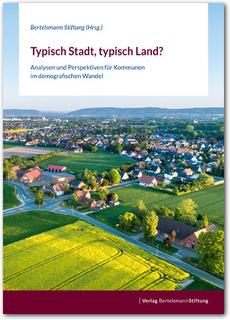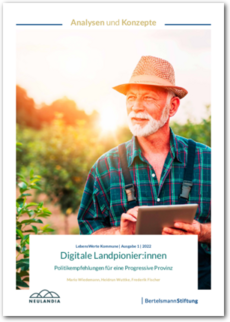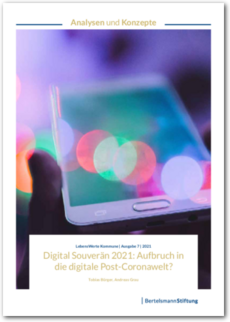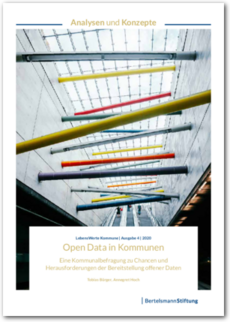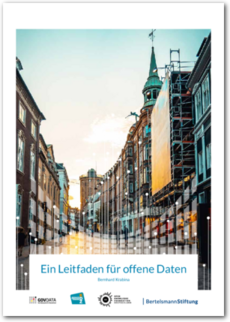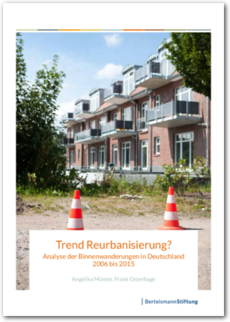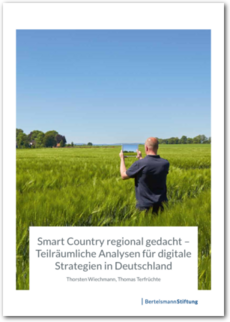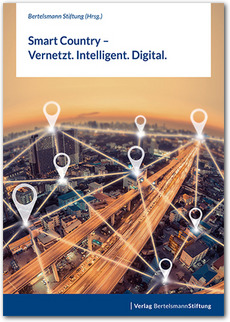How can digitalization help ensure equal conditions exist across Germany’s cities and regions? That was one of the most important questions that the Smart Country team addressed as it began its work in 2017.
When the project launched, the team already had more than 10 years of experience researching and analyzing demographic change in Germany. The Wegweiser Kommune (Community Roadmap) data portal with its numerous indicators on local-level topics, such as demographic change, education, employment, integration and sustainability, was always the project’s central element. Thanks to the portal, we have increased transparency on social developments and supported communities in implementing data-driven management processes.
In light of the discussions about smart cities, we focused our project on the intersection of demographic and digital change: What impetus can digitalization provide, especially in rural regions that are being hit hard by demographic change, to improve the quality of life there?
There are many examples that can be cited here. Over the years, we called attention to numerous best practices. In our Smart Country blog, we have been providing updates on our project work since the beginning of 2020. The blog has also allowed numerous guest authors to share positive examples of digitalization in communities, and has given us the opportunity to publish many articles as part of our #digitaleOrte (#digitalPlaces) series. In various studies, we researched international examples, examined strategies for expanding broadband networks in Europe and asked what Germany can learn from these efforts. In addition, we worked with many “digital land pioneers” to develop policy recommendations for progressive provinces. Early in the project cycle, we looked at the potential offered by the digital transformation of public administration and highlighted the importance of open data for public administrators. In a joint project with numerous other organizations, we developed the municipal sample data catalogue of open data.
The issue of open data became increasingly important over the course of the Smart Country project and was addressed through various project activities. In the summer of 2021, after two years of preparation, Wegweiser Kommune was given an extensive relaunch and itself became an open-data portal.
Data are indispensable for creating smart villages, cities and regions. Without them there would be no basis for intelligent planning and management. In our new project Data for Society, we are working to expand the availability of (open) data and increase the benefits they can potentially offer various target groups. To achieve that goal, the project’s activities are grouped into three areas: Wegweiser Kommune, Open Data, and Data and Civil Society.


